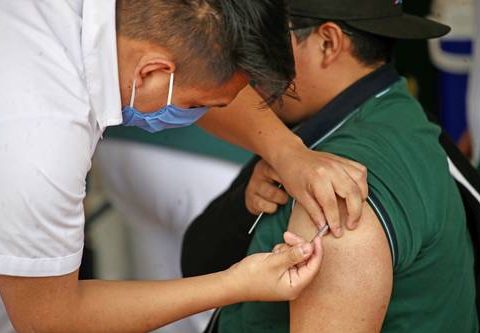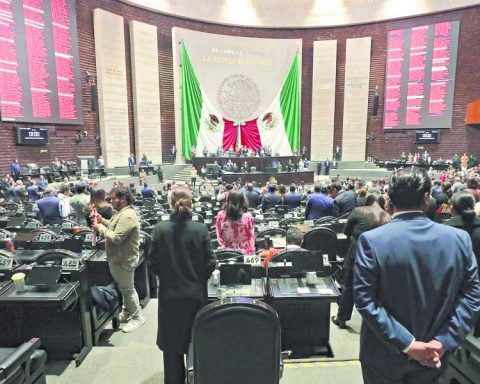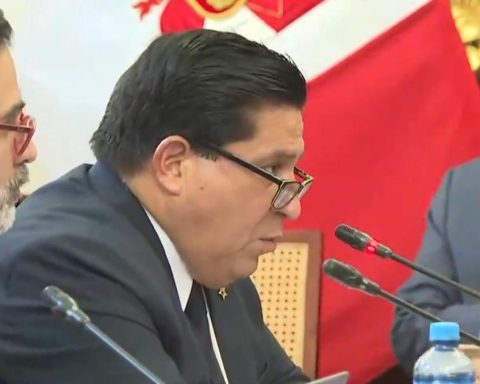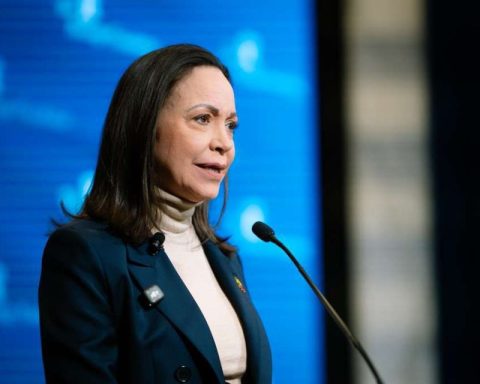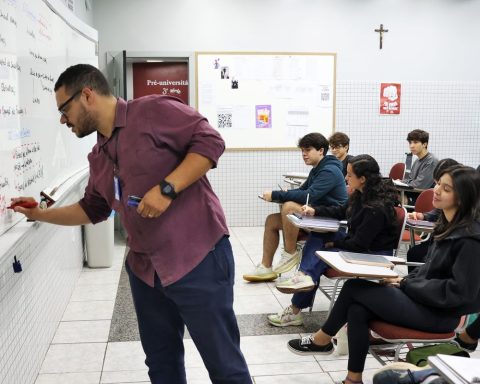Nestor Jimenez
Newspaper La Jornada
Friday, July 8, 2022, p. eleven
With a view to reaching the threshold of 8 billion inhabitants in the world, the United Nations Population Fund (UNFPA), the National Population Council (Conapo) and El Colegio de México agreed that population growth is not a problem , and the challenge that it represents in terms of policies should not focus on promoting population growth or limiting it, but rather on access to services that attend to their well-being.
In a ceremony held at the headquarters of the Ministry of the Interior on the occasion of World Population Day, which is celebrated every July 11, Gabriela Rodríguez, general secretary of Conapo, explained that the Mexican population continues to grow, but it does so in a slow. This year we added 130 million, which places it in the tenth country in this line. Given this, she said that the task of demographers is to anticipate scenarios to serve the population.
During the sixties the country grew at a rate of 3.5 percent, while today it does so at 0.89 percentage points. As long as 50 years ago Mexican women had seven children, today they have an average of 2.01, a rate that is below the replacement level. This is good news, these are reasonable indicators, especially for planning and the current drive to reduce social inequalities.
he indicated.
Rodríguez added that in Mexico the elderly population is growing faster as a percentage, in line with a global trend. By 2050, the population over 60 years of age will double: it will go from 12 percent to 22.5 percent. Currently, 79 percent of the population lives in urban areas and 21 in rural areas.
The UNFPA representative, Alanna Armitage, warned that reaching 8 billion people could generate alarmism due to the number of inhabitants, she stated that concentrating only on that issue would be a mistake, and could lead to coercive and counterproductive measures, as well as actions that seek for women to have more children, or limit births.
He asserted that there is currently a higher percentage of people in the world who have access to education, health and live longer than at any other time in human history.



